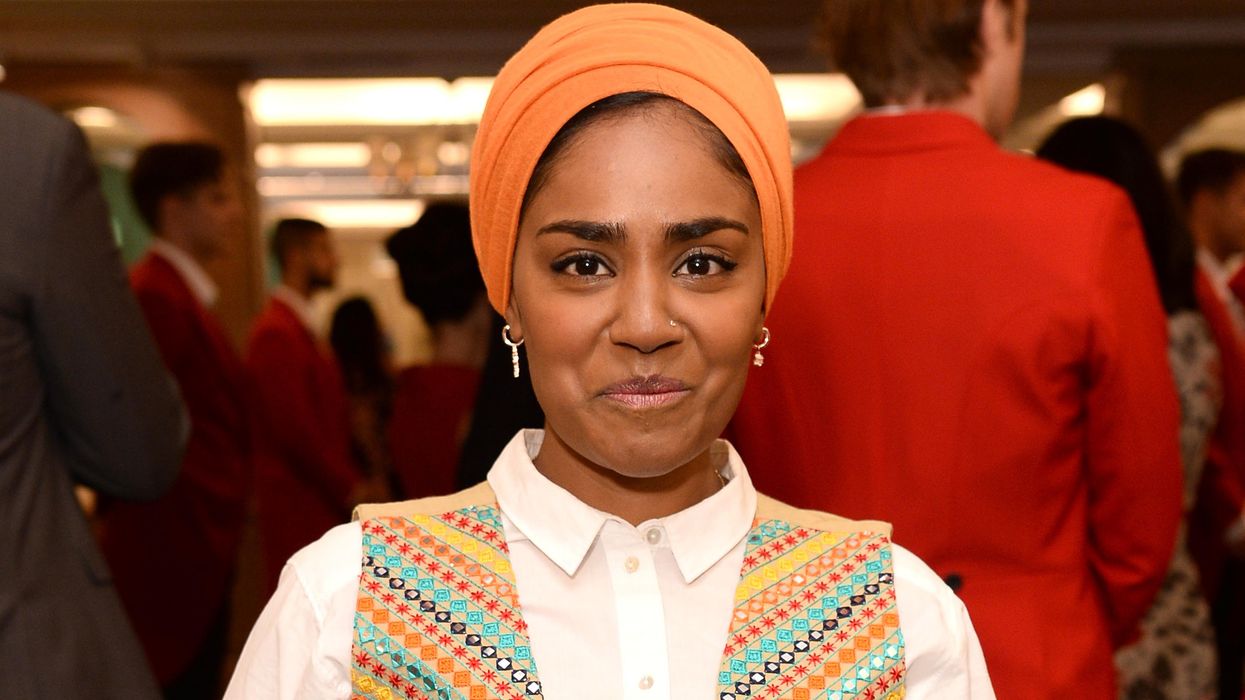Key points
- Nadiya Hussain confirms BBC will not renew her cookery series
- Bake Off winner challenges expectations to remain “grateful”
- She says hard work and talent, not luck, brought her success
- Celebrities, including Annie Lennox and Fearne Cotton, show support
BBC ends decade-long collaboration with Bake Off star
Nadiya Hussain has spoken out after the BBC decided not to commission another cookery programme with her. The popular TV chef, who won The Great British Bake Off in 2015, shared her views on social media, stating that she “won’t always be grateful” and should not be expected to remain silent about career setbacks.
The decision ends a nearly 10-year working relationship between the broadcaster and Hussain, who has hosted several well-received cookery shows under the BBC banner. In her latest Instagram video, she addressed the public’s reaction and emphasised her right to expect more from her career.
“Gratitude shouldn't be a muzzle”
In a video message posted on Instagram, Hussain said she had received numerous messages urging her to be grateful following the show's cancellation. She described how growing up in an immigrant household had shaped her understanding of gratitude.
“Grateful for being let in, grateful for having work—even if underpaid, grateful for safety—even if it meant silence,” she explained. “Gratitude became something that I was expected to wear like a uniform.”
She continued: “I am allowed to feel more than just thankful. I am a human being, and I am allowed to feel angry when I’m treated unfairly. I’m allowed to want better for myself and for my family.”
Challenging the idea that people from marginalised backgrounds must constantly express gratitude for any opportunities, she said: “We didn’t come here just to survive; we came here to live, to grow, to contribute, to belong—not as a guest, but as a person who has rights and dreams and dignity.”
Hussain concluded, “So no, I won’t always be grateful. I got here through hard work, through determination, through talent. I got here because I’m good at what I do.”
Public support pours in
Nadiya’s message received widespread support from fans and fellow public figures. TV presenter Fearne Cotton responded with a series of heart emojis, while musician Annie Lennox praised her statement, writing: “Gratitude should never become a silencing muzzle—as you so rightly say!”
Rahul Mandal, who won Bake Off in 2018, commented: “So true. Thanks so much for speaking up.” TV doctor Amir Khan also backed her remarks, stating: “Exactly this! Well said.”
Nadiya’s track record with the BBC
Since winning Bake Off when it aired on the BBC, Hussain has fronted several successful cookery series for the broadcaster. These include Nadiya Bakes, Nadiya’s Fast Flavours, and Nadiya’s Simple Spices. She is also a published author of cookbooks and children’s titles.
Earlier this month, the BBC issued a statement on the programming decision: “After several wonderful series, we have made the difficult decision not to commission another cookery show with Nadiya Hussain at the moment.”
However, the broadcaster emphasised that it remains open to future collaborations and that Nadiya is “a much-valued part of the BBC family”.
What’s next for Nadiya?
While a new BBC project is not in the pipeline, Nadiya has hinted at future ventures. In a previous post addressing the show’s cancellation, she said she is now focusing on “being [her] most authentic self” and is looking forward to working with people who “believe in [her] talent”.
She also reassured her followers that “exciting” new projects are on the way.





